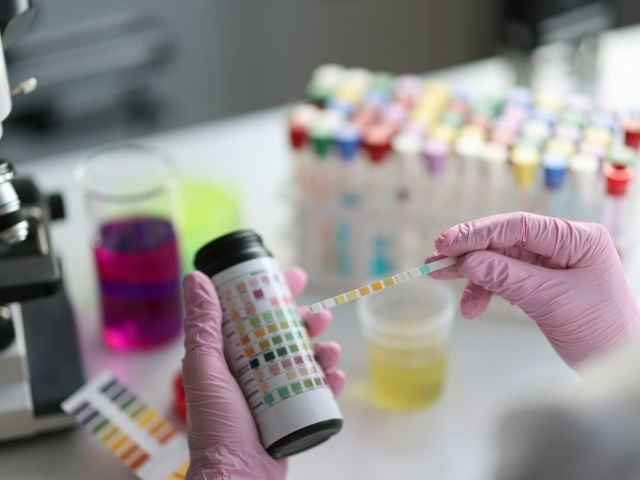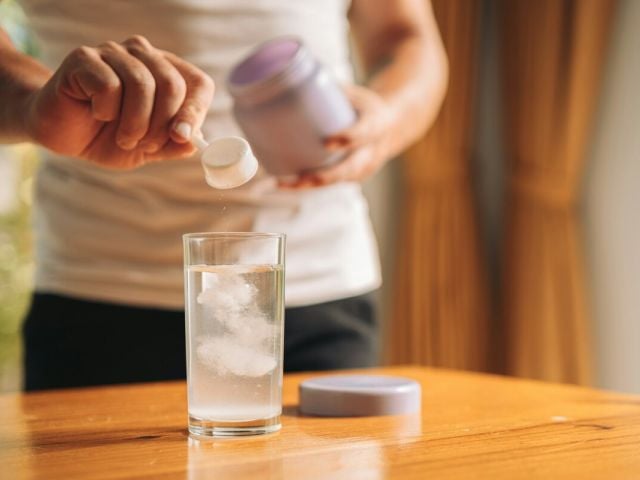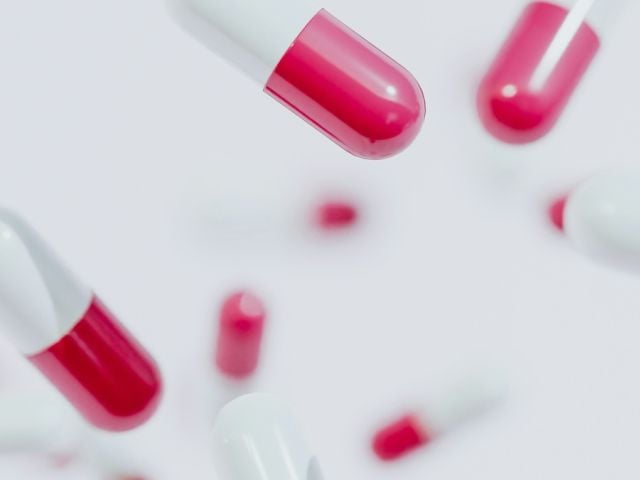
What to Know About Creatine and Cholesterol Levels
Most people associate creatine with gains in muscle mass and better sports performance. Yet, could this common supplement also be good for your heart?
Fresh research uncovers surprising ties between creatine and how your body handles cholesterol. The outcomes aren’t what many anticipate, but the data indicates creatine might indeed deliver true heart and blood vessel benefits.
Let’s see what current findings say regarding creatine and your cholesterol numbers.
Key Takeaways
- Creatine consistently lowers triglycerides by 16-23% but has minimal effects on total cholesterol
- It’s safe for most people and provides cardiovascular benefits beyond lipid improvements
- 3-5g daily works best for heart health without needing a loading phase
- May help people who experience muscle problems from statin medications
What Is Creatine and How Does It Work?
Creatine is a naturally occurring compound your body makes from three amino acids. About 95% gets stored in your muscles, where it helps regenerate ATP during high-intensity activities.
Creatine is like your cellular energy backup system. When your muscles need quick bursts of power, the creatine-phosphocreatine system kicks in to maintain energy production.1
This energy system doesn’t just work in muscles. It acts as what researchers call a “dynamic biosensor” throughout your cells, connecting energy production sites with areas that need fuel most.
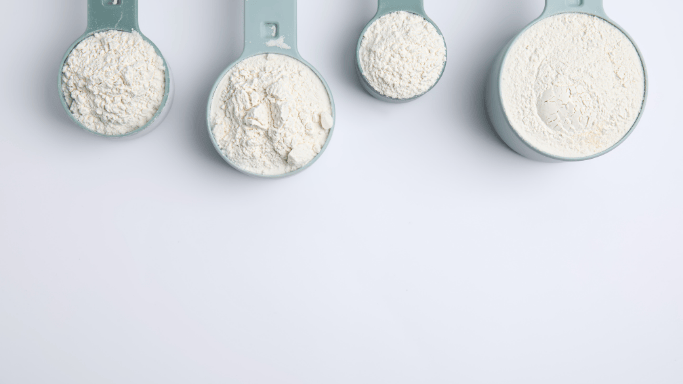
How Does Creatine Affect Cholesterol?
The effects of creatine on cholesterol aren’t quite what you might expect.
Several clinical studies show creatine’s most consistent benefit targets triglycerides, not cholesterol directly. Research involving older adults found four weeks of creatine monohydrate supplementation reduced fasting triglycerides by about 16%.2
A study by Earnest and colleagues examined 34 people with elevated cholesterol levels. They found major reductions in plasma triglycerides and VLDL cholesterol by 23% and 22% respectively.3
Key Research Findings
| Study | Participants | Triglyceride Change | Total Cholesterol Change |
|---|---|---|---|
| Clarke et al. | Older adults | -16% | No significant change |
| Earnest et al. | Elevated cholesterol | -23% | -6% |
| Gualano et al. | With exercise | Improved | +13% HDL |
The studies show how creatine affects your lipid profile depends on which markers you measure. Total cholesterol and LDL often remain unchanged, while triglycerides consistently improve.
How Creatine May Improve Your Lipid Profile
Creatine affects your cardiovascular system beyond simple cholesterol numbers in several ways.
Enhanced Cellular Energy
Creatine boosts cellular energy production, which may improve overall metabolic efficiency. Better energy metabolism can support more effective lipid processing and fatty acid breakdown.4
Antioxidant Properties
Creatine demonstrates both direct and indirect antioxidant effects. It helps maintain mitochondrial function and reduces harmful reactive oxygen species formation.
This antioxidant action may protect lipoproteins from oxidation. That’s a key step in preventing atherosclerosis development.
Glucose Metabolism Benefits
Creatine supplementation has been linked to improved glucose metabolism. The same Clarke study that showed triglyceride improvements also found major reductions in fasting glucose levels.5
Since glucose and lipid metabolism are closely connected, this dual benefit suggests broader metabolic improvements.
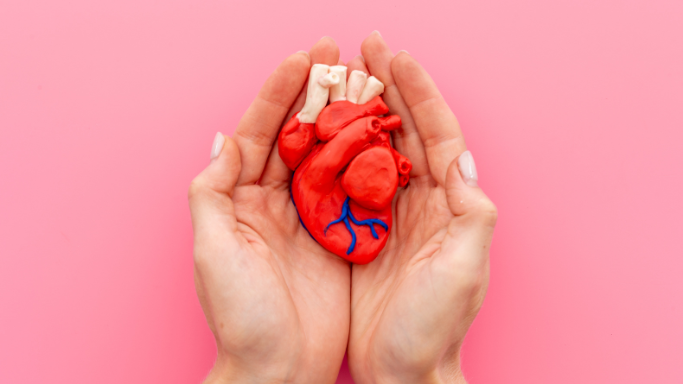
Is Creatine Safe for Heart Health?
You might wonder about safety, especially given some widespread myths about creatine and it’s effects on the heart.
One common misconception is that creatine poses cardiovascular risks. The reality is quite different, and science consistently shows otherwise.
Extensive research spanning over 20 years shows creatine’s safety in healthy individuals.6 A comprehensive 2021 review of 1,322 articles found creatine may actually help lower blood lipid markers while providing antioxidant benefits.
Common Side Effects to Expect
- Initial water retention (1-3 kg weight gain in first week)
- Possible stomach upset with higher doses
- Mild muscle cramps if inadequately hydrated
Is It Safe to Take Creatine Every Day?
You should consult a healthcare provider before starting creatine if you have:
- Kidney disease
- Diabetes
- Take medications affecting kidney function
Pregnant and breastfeeding women should avoid creatine due to insufficient safety data.
Creatine Effects on Kidneys and Liver
Long-term studies show creatine supplementation doesn’t harm healthy kidneys or liver function. Research tracking people taking creatine for up to five years found no negative effects on kidney markers or liver enzymes.
The key is staying properly hydrated and following recommended dosages.
Join 50,000+ Longevity Optimizers
Access the same health optimization strategies used by longevity experts. Weekly insights, exclusive products, member pricing.
Creatine Dosage: How to Take Creatine Supplements
So how should you approach dosing when your goal is heart health rather than athletic performance?
Studies showing lipid benefits used 3-10g daily for extended periods. The International Society of Sports Nutrition recommends 3-5g daily for general health benefits.7
You don’t need a loading phase for cardiovascular benefits. Starting with 3-5g daily minimizes side effects while providing therapeutic benefits.
For a detailed breakdown of different approaches, check out our complete creatine starter guide that covers timing and dosing strategies.
Timing and Hydration
Take creatine at any time of day, but stay well-hydrated. Adequate water intake with creatine prevents most side effects and supports proper kidney function.
Which Form Works Best?
Creatine monohydrate remains the most studied and effective form of creatine. It’s also the most affordable option with the strongest research backing.
Bonus Read: Coffee lovers often ask about mixing creatine with caffeine. Our creatine and caffeine guide has the answers.
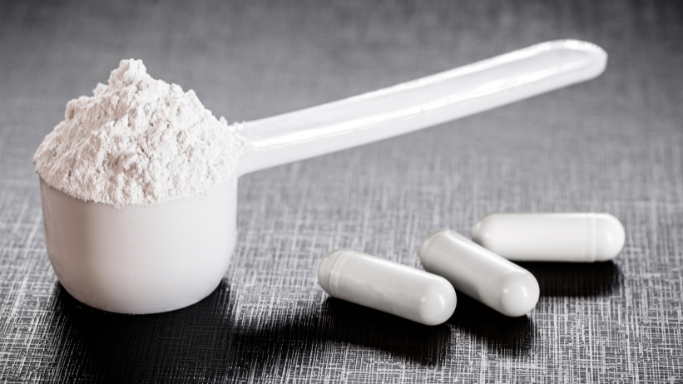
Jinfiniti’s Creatine + ATP
Jinfiniti’s Creatine ATP combines creatine monohydrate with ATP to support both cellular energy production and overall metabolic health. Our unique formulation provides 4g of creatine per serving, perfect for cardiovascular applications.
The addition of ATP enhances the energy-supporting benefits that make creatine effective for lipid metabolism improvements.
For total cellular energy support, Vitality↑® NAD Booster includes creatine alongside NAD+ precursors. This advanced formulation targets multiple pathways involved in cellular energy production and metabolic health.
Both options provide pharmaceutical-grade, third party-tested creatine monohydrate in forms designed for optimal absorption and effectiveness.
Adding Creatine Supplementation for Cholesterol Management
Some groups may benefit most from creatine’s cardiovascular effects.
Older Adults
Studies suggest older adults may be particularly responsive to creatine’s metabolic benefits. Age-related declines in muscle creatine content and mitochondrial function make supplementation potentially more beneficial in this population.
Our guide on creatine for older adults explores these age-specific benefits in detail.
People with Metabolic Syndrome
If you have elevated triglycerides, low HDL cholesterol, and insulin resistance, creatine’s dual benefits on glucose and lipid metabolism align well with therapeutic targets for metabolic syndrome.
Statin Users
New research suggests creatine may help prevent statin-induced muscle problems. Clinical evidence shows creatine supplementation can prevent statin-induced muscle symptoms in some patients.8
This could allow continued cholesterol-lowering treatment in people who otherwise couldn’t tolerate statins.
Beyond Lipids: Other Heart Health Benefits
What makes creatine so interesting is how it supports cardiovascular health through multiple pathways.
Recent research from Florida State University found that creatine promotes arterial dilation and improves microvasculature function.9 These effects matter for reducing cardiovascular disease risk independent of cholesterol levels.
Studies in heart failure patients also show creatine supplementation can improve exercise capacity and quality of life.10
While these studies focused on functional outcomes rather than lipid effects, they support creatine’s broader cardiovascular benefits.
How Creatine Can Improve Athletic Performance and Endurance
While this article focuses on heart health, it’s worth restating that creatine’s benefits may also improve athletic performance. Better energy metabolism and reduced oxidative stress can enhance both power output and endurance capacity.
Athletes often see improvements in repeated high-intensity efforts, which translates to better training adaptations and overall fitness gains.
Bonus Read: Our guide on creatine as a nootropic covers the research on creatine for brain health and mental performance.
The Final Scoop
The relationship between creatine and cholesterol isn’t straightforward, but it’s promising.
While creatine may not dramatically lower total cholesterol or LDL, it consistently reduces triglycerides and supports overall cardiovascular health through multiple mechanisms.
The supplement’s excellent safety profile, combined with potential heart health benefits, makes it worth considering as part of a comprehensive approach to cardiovascular wellness.
Remember that creatine works best alongside other heart-healthy habits like regular exercise, proper nutrition, and stress management.
For more insights on supporting your cellular health naturally, explore our guides on how creatine works with ATP and creatine for climbers.
If you’re interested in testing your baseline metabolic health markers, consider Jinfiniti’s full biomarker testing to establish your starting point and track improvements over time.
Referenced Sources:
- https://pmc.ncbi.nlm.nih.gov/articles/PMC8070484/ ↩︎
- https://linkinghub.elsevier.com/retrieve/pii/S247529912313023X ↩︎
- https://pubmed.ncbi.nlm.nih.gov/8774269/ ↩︎
- https://pmc.ncbi.nlm.nih.gov/articles/PMC7910963/ ↩︎
- https://pmc.ncbi.nlm.nih.gov/articles/PMC9193312/ ↩︎
- https://pmc.ncbi.nlm.nih.gov/articles/PMC7871530/ ↩︎
- https://pmc.ncbi.nlm.nih.gov/articles/PMC7910963/ ↩︎
- https://pmc.ncbi.nlm.nih.gov/articles/PMC6770148/ ↩︎
- https://www.mdpi.com/2072-6643/17/1/58 ↩︎
- https://pmc.ncbi.nlm.nih.gov/articles/PMC8067763/ ↩︎

Get weekly health insights and exclusive offers by joining our newsletter.


